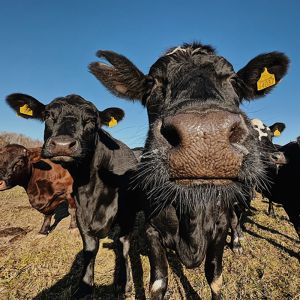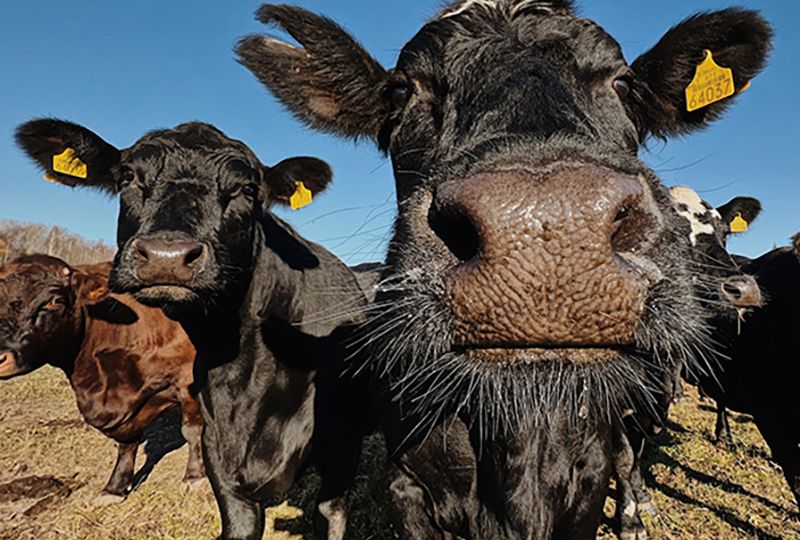The Environmental Impact of Animal Agriculture
 Animal agriculture has a significant environmental impact, contributing to a range of issues from deforestation to climate change. The demand for animal products has grown dramatically over the past century, with meat consumption increasing by more than four times worldwide. This has resulted in an increase in the number of factory farms, which are intensive operations that house large numbers of animals in confined spaces.
Animal agriculture has a significant environmental impact, contributing to a range of issues from deforestation to climate change. The demand for animal products has grown dramatically over the past century, with meat consumption increasing by more than four times worldwide. This has resulted in an increase in the number of factory farms, which are intensive operations that house large numbers of animals in confined spaces.
One of the most significant environmental impacts of animal agriculture is deforestation. Forests are cleared to create space for grazing land and to grow crops to feed animals. This not only destroys habitats for wildlife but also reduces the amount of carbon that can be absorbed by the trees. Deforestation is also a significant contributor to climate change, as the loss of forests reduces the ability of the planet to absorb carbon dioxide from the atmosphere.
Animal agriculture is also responsible for a significant amount of greenhouse gas emissions. Methane, which is produced by cattle, is a potent greenhouse gas that is much more effective at trapping heat than carbon dioxide. Animal waste also produces nitrous oxide, which is another potent greenhouse gas. The United Nations has estimated that animal agriculture is responsible for 14.5% of global greenhouse gas emissions, more than the entire transportation sector.
Another environmental impact of animal agriculture is the pollution of waterways. The large quantities of manure produced by factory farms can seep into the ground and contaminate nearby water sources. The use of antibiotics and other chemicals in animal agriculture can also pollute waterways and harm aquatic life.


